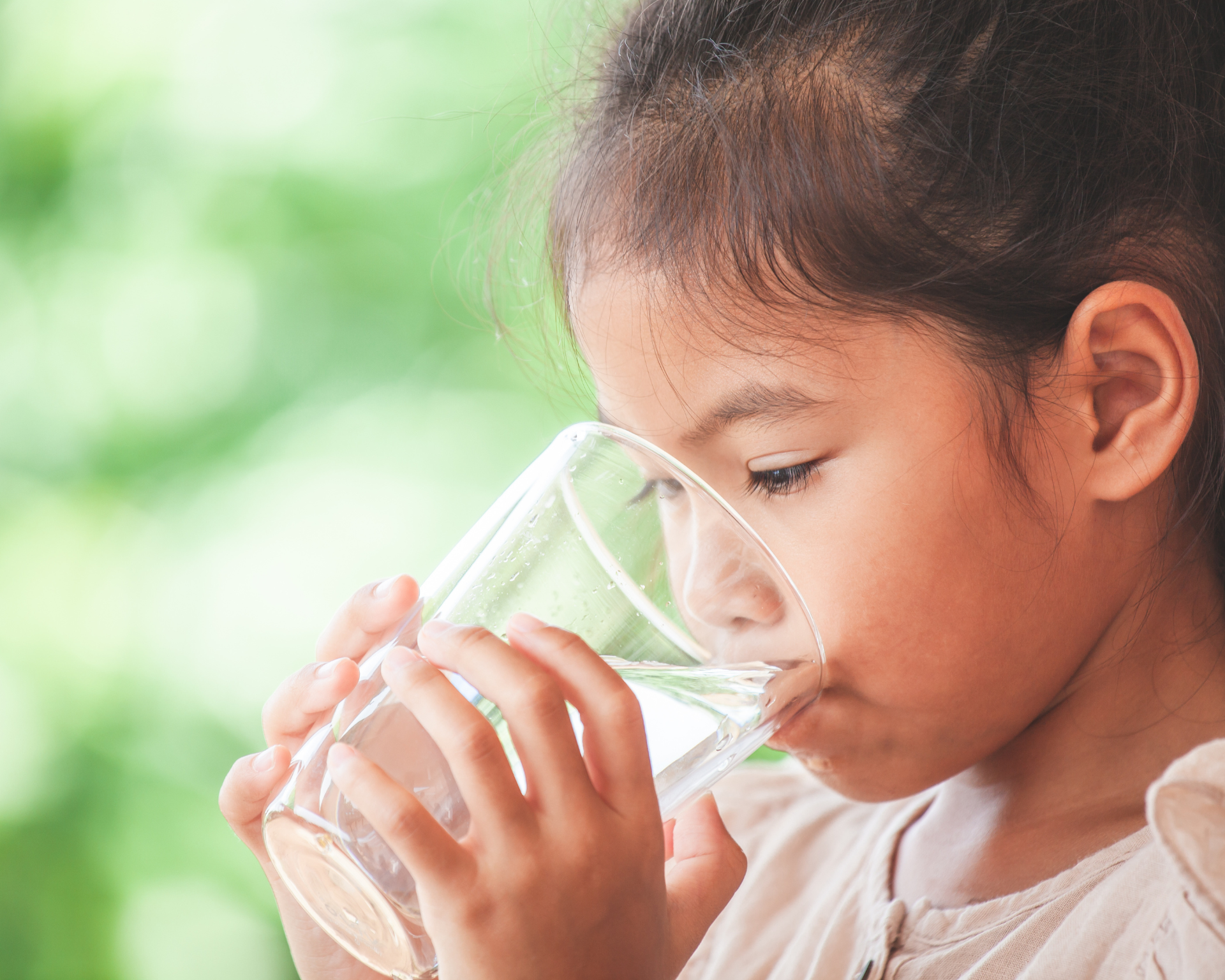EMS for a Climate Emergency
In addition to its toll on individual health, new research suggests that extreme heat impacts the activity of emergency workers.

Read Time: 2 minutes
Published:
It should come as no shock that we are in the midst of a climate crisis. Our oceans are warming, our ice caps are melting, and our weather is becoming more extreme. The impacts of climate change on human health are already all around us from increased transmission of vector-borne diseases to health concerns of climate refugees.
Extreme heat is increasing in frequency, duration, and severity, and the heat takes a toll on health. Extreme heat causes heat stroke and worsens cardiovascular disease and diabetes. Pollen levels spike and aggravate allergies, asthma, and hay fever. Deaths from injury like drownings and motor vehicle accidents also rise because people are outdoors more often. Extreme heat also alters behavior: aggressive behavior and violent crime are more common during heat waves.
In addition to its toll on individual health, new research suggests that extreme heat impacts the activity of emergency workers. Augusta Williams and colleagues examined the effects of extreme heat on emergency dispatches in Boston, Massachusetts from 2010 to 2014. The researchers determined the number of hot days — days where the temperature reached 90 degrees Fahrenheit or above. They found that 2% more police dispatches, 9% more emergency medical service dispatches, and 10% more fire department dispatches were called on hot days than on other days during the warm season. More dispatches means longer wait times for patients who call for help.
Climate change is local. From 1971 to 2000, Boston experienced an average of 11 hot days per year. Depending on greenhouse gas emissions in the years ahead, Boston is projected to experience up to 40 hot days a year by 2030 and 90 hot days each year by 2070. Climate change requires new investment to save our collective health.
Databyte via , 2020: The Influence of Heat on Daily Police, Medical, and Fire Dispatches in Boston, Massachusetts: Relative Risk and Time-Series Analyses. American Journal of Public Health 110,662_668. Visualization by Tasha McAbee.



